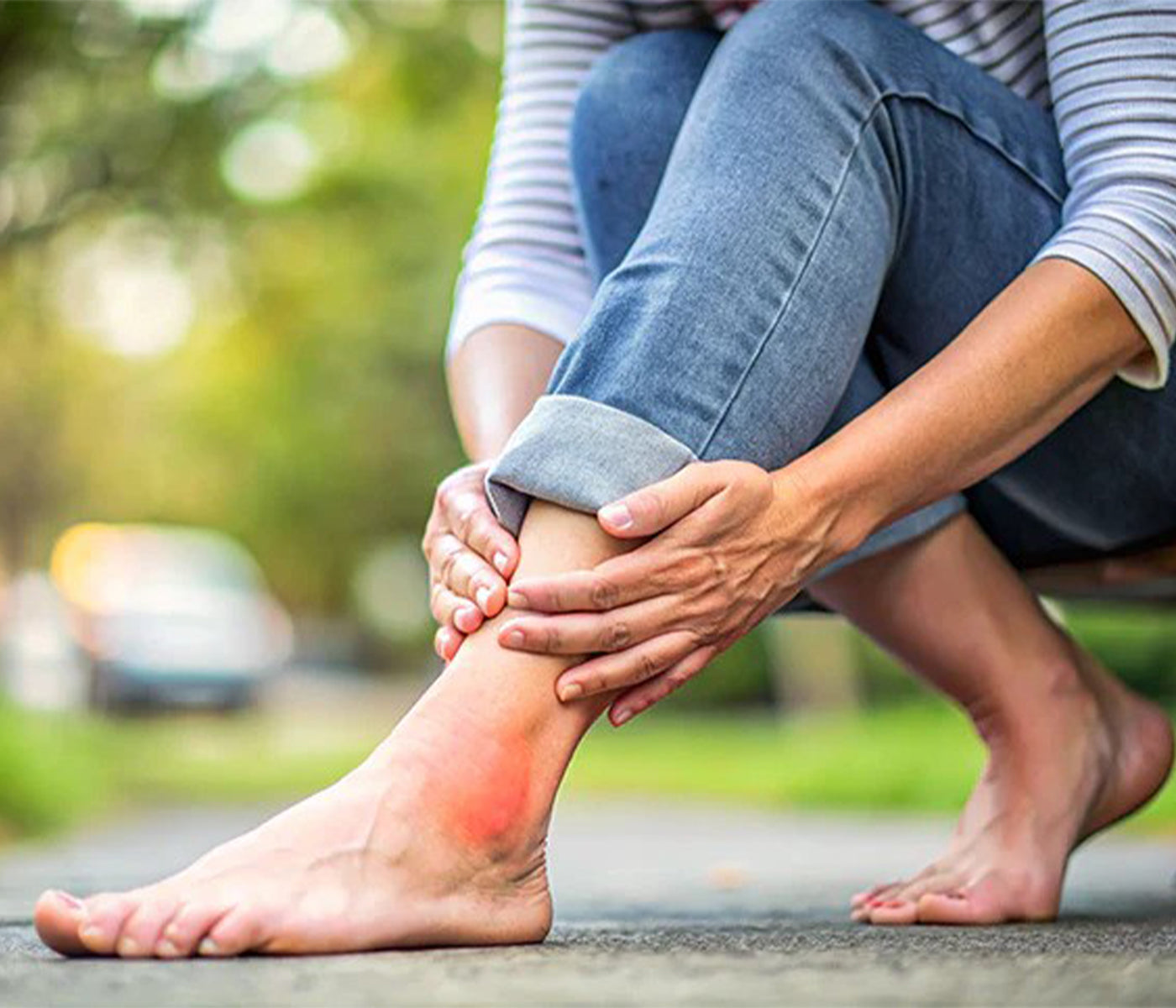
Uric Acid: The Culprit Behind Gout
Understanding the Silent Threat
Gout, a painful form of arthritis, often strikes suddenly, causing intense joint inflammation, especially in the big toe. While it may seem like a mysterious condition, the root cause lies in a simple molecule: uric acid.
What is Uric Acid?
Uric acid is a natural byproduct of the body's breakdown of purines, substances found in certain foods like organ meats, red meat, and seafood. Normally, the kidneys filter uric acid from the blood and excrete it through urine. However, when the body produces too much uric acid or the kidneys aren't efficient in removing it, uric acid can build up in the blood, leading to a condition known as hyperuricemia.
The Link Between Uric Acid and Gout
When uric acid levels in the blood become too high, it can crystallize, forming sharp, needle-like crystals that deposit in the joints. These crystals trigger a severe inflammatory response, resulting in the pain, swelling, redness, and warmth characteristic of gout attacks.
Risk Factors for Gout
Several factors can increase your risk of developing gout:
- Diet: A diet high in purines can elevate uric acid levels.
- Genetics: A family history of gout can increase your susceptibility.
- Obesity: Excess weight can contribute to higher uric acid levels.
- Kidney Disease: Impaired kidney function can hinder the body's ability to eliminate uric acid.
- Certain Medications: Some medications, such as diuretics, can raise uric acid levels.
Managing Gout: A Multi-faceted Approach
Managing gout involves a combination of medical treatments and lifestyle modifications:
-
Medication:
- Acute Gout Attacks: Medications like nonsteroidal anti-inflammatory drugs (NSAIDs) and colchicine can help alleviate pain and inflammation.
- Long-Term Management: Uricosuric drugs can help lower uric acid levels by increasing its excretion in urine.
-
Diet:
- Limit Purine-Rich Foods: Reduce intake of red meat, organ meats, and seafood.
- Maintain a Healthy Weight: Losing weight can help lower uric acid levels.
- Hydration: Drink plenty of water to help flush out uric acid.
-
Lifestyle Changes:
- Regular Exercise: Engage in regular physical activity to maintain a healthy weight and improve overall health.
- Stress Management: Practice stress-reducing techniques like meditation and yoga.
By understanding the role of uric acid in gout, you can take proactive steps to manage your risk and alleviate symptoms. If you experience symptoms of gout, consult with a healthcare professional for proper diagnosis and treatment.


